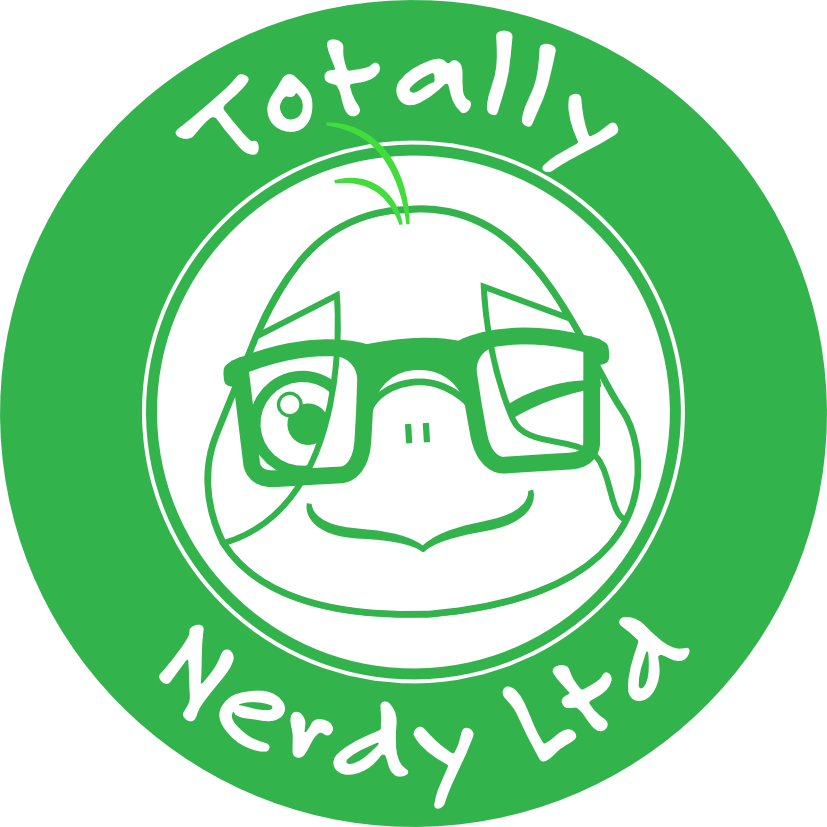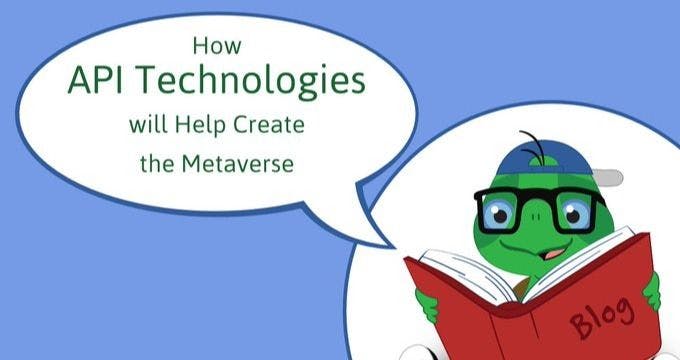129 reads
API Technologies and How They Will Help Create the Metaverse
by
February 7th, 2022
Audio Presented by

We are a Software Company based in the UK and operating worldwide. We love computers and languages!
About Author
We are a Software Company based in the UK and operating worldwide. We love computers and languages!
